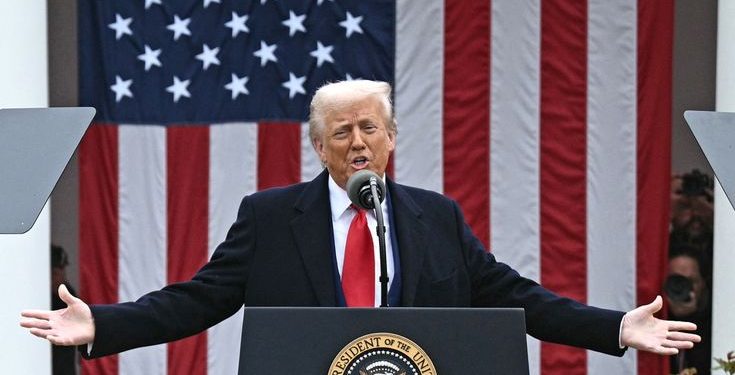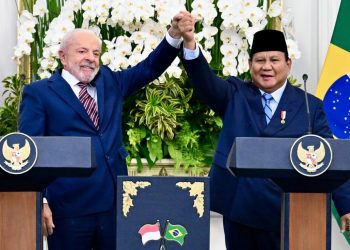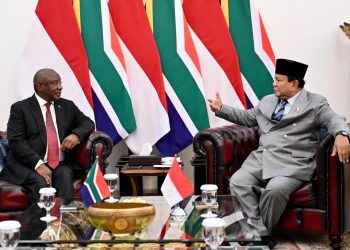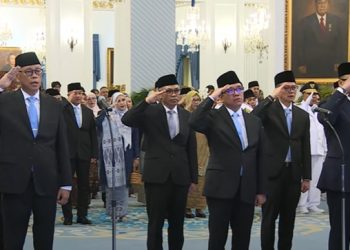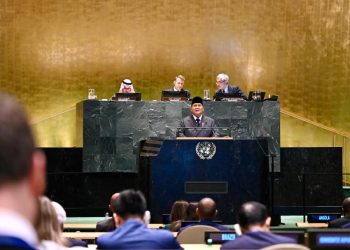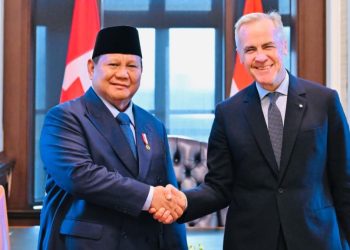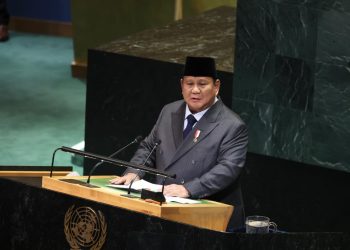Jakarta, Indonesia Sentinel — U.S. President Donald Trump has announced a sweeping new round of import tariffs targeting 14 countries, including Indonesia, as part of what the White House calls a push to address persistent trade imbalances.
The decision was conveyed in an official letter sent directly by Trump and made public on Tuesday, July 8, 2025. Indonesia will face a 32% tariff on all of its exports to the United States, matching the rate first floated on April 2, 2025.
“Starting August 1, 2025, we will impose a 32% tariff on all Indonesian products shipped to the United States, separate from any sector-specific tariffs already in place,” Trump wrote in the letter. He added that the figure is actually much lower than what would be required to truly balance the trade relationship.
Despite earlier negotiations and efforts by Governrment of Indonesia to avoid the tariffs, including promises to increase imports from and investment in the United States, the punitive measures will proceed as planned.
In a letter addressed to Indonesian President Prabowo Subianto, Trump justified the move as a reciprocal measure to counter what he described as an unsustainable U.S. trade deficit with Indonesia. Trump emphasized the need to implement fair trade policies in order to reduce the United States’ trade deficit with Indonesia.
Indonesia is not alone. Thirteen other countries, including several ASEAN members have also been hit with high tariffs. The full list of affected nations and their corresponding tariff rates includes:
- Japan: 25%
- South Korea: 25%
- South Africa: 30%
- Kazakhstan: 25%
- Tunisia: 25%
- Bosnia and Herzegovina: 30%
- Bangladesh: 35%
- Serbia: 35%
- Indonesia: 32%
- Cambodia: 36%
- Thailand: 36%
- Laos: 40%
- Malaysia: 25%
- Myanmar: 40%
Read Also:
Zohran Mamdani Poised to Win NYC Democratic Mayoral Primary, Trump Reacts Sharply
According to the White House, the tariffs are being implemented through an executive order and will take effect on August 1, 2025.
While numerous countries have attempted to offer concessions, including tariff reductions and the removal of non-tariff barriers to avoid these sanctions, the administration argues that U.S. trade deficits remain unacceptably high.
The new tariff policy, according to the White House, is expected to foster fairer bilateral trade relations and help reduce the United States’ large trade deficit.
(Raidi/Agung)


